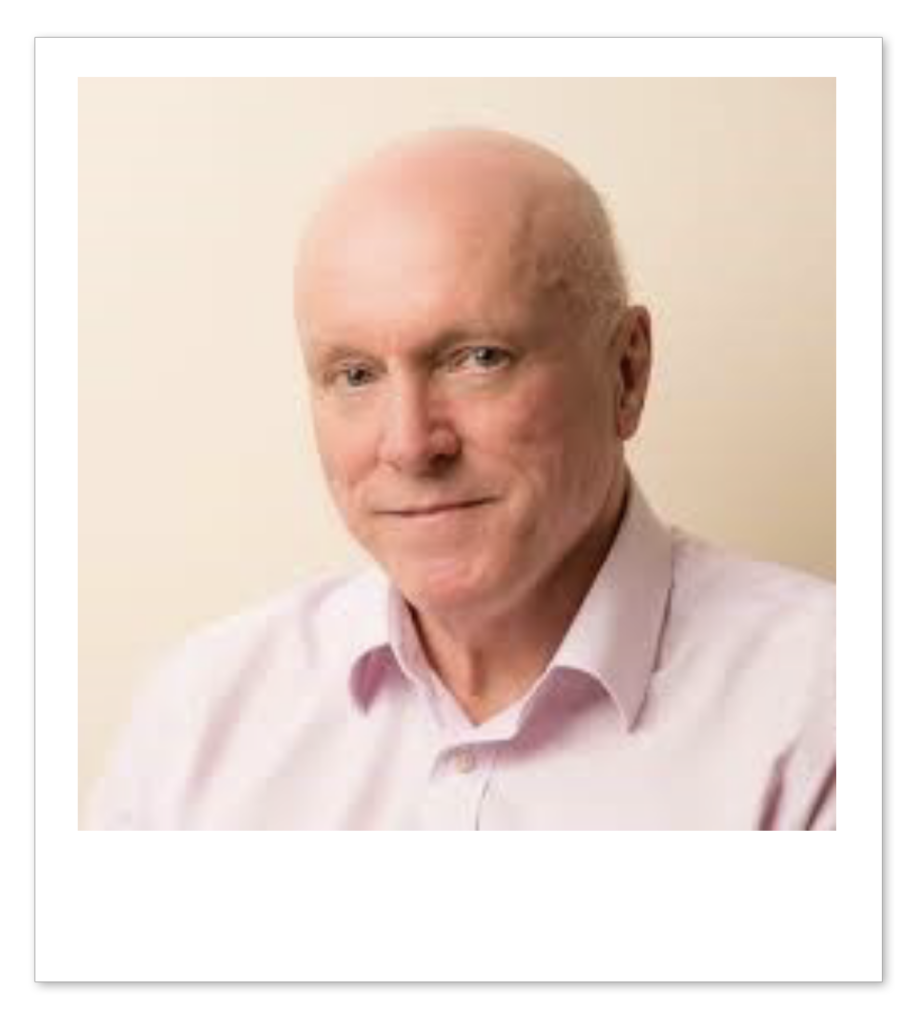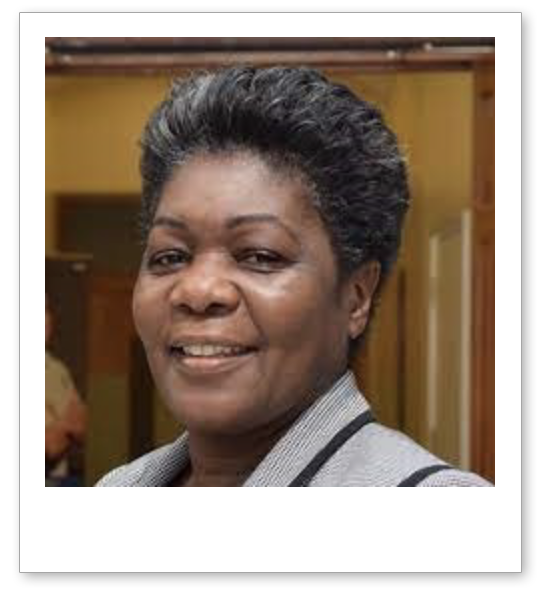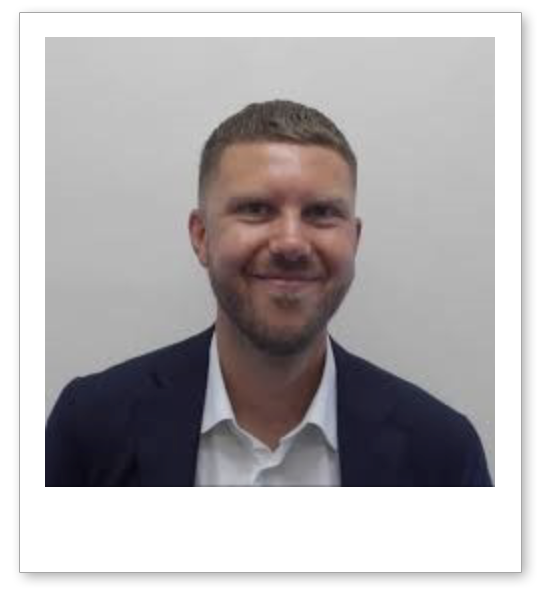Supporting the staff networks you sponsor isn’t just about understanding what they do. A lot of what you already do as a senior leader in the NHS will directly benefit those people in your organisation, especially those whose voices are less heard.
In this section, you will find case study examples from NHS organisations whose staff network sponsors and network leads are working together to amplify staff voice and reflect it in their decision making, to improve the experience of their workforce.
If you would like to find out more details about these case studies or would like to connect directly with the Trusts involved, please contact the Equality Diversity and Inclusion (EDI) Team at NHS England – [email protected]
Andy Welch
Consultant Head and Neck Surgeon, Medical Director and Deputy CEO, Executive Sponsor BAME Staff Network, Newcastle Upon Tyne Hospitals NHS Foundation Trust

Case study summary
Executive sponsor of the BAME Staff Network at the Newcastle Upon Tyne Hospitals NHS Foundation Trust, Andy Welch explains how he is becoming more conscious of the vulnerabilities of various colleague groups as the Gold Command Chair for COVID-19. Andy made it his business to attend all staff meetings during the pandemic to offer pragmatic reassurance to around 18 thousand colleagues. That close contact continued post-pandemic, through accountability for improving relationships, education, and challenge to colleagues to build inclusive leadership practices in his role as an executive sponsor across a number of staff networks.
What was the aim/problem?
As a surgeon in operating theatres, Andy’s career has benefited from international recruitment to his teams over the last 30 years, but particularly over the past 5-10 years. He explained, ‘People who join us, for example from the Philippines, can take time to settle in and we know they need extra support and attention as they set out with us, so they don’t feel isolated or shut out. There were also progression gaps for our BAME colleagues that needed closing’.
What was the solution?
‘It’s my personal obligation, particularly as a white British male doctor and medical director with a multi-cultural and multi-racial career path, to not just blow hot air about equality, diversity and inclusion’, Andy explained. ‘Our BAME Staff Network holds twice monthly meetings where I can be available and hands on for colleagues who might need a soft landing in a new role or signposting to opportunities. Sometimes people don’t need specific support, I’m there as a senior advisor, building mutual trust. People know the door is open. If anyone spots something that’s uncomfortable or wrong, we have a culture of calling out such behaviours to the CEO, executive or board, whether that’s positive or negative’, he added.
What were the challenges?
Because Andy was happy to be accountable, a two-way street developed. ‘It was evident some people weren’t reaching their full career potential through no fault of their own. So once those bridges were built, I had to ensure that contact was maintained’.
What were the results?
‘Success is related to the people who work here, not those who run it. Staff Networks have become a ‘go-to’ for talent and development. In the theatre complex I work in, development through delegation is so important. Many colleagues who are band 5 and 6 were given an opportunity to step up and take on additional duties and have really taken those opportunities to the fullest extent. Mixing between Staff Network groups make them really successful and means they can have that integrated, wider influence generically across an organisation’.
What were the learning points?
‘There can be challenging sides of all networks. A key learning point is recognising those who talk and genuinely mean what they’re saying and put actions where words are, and not just say what they think people want to hear. Our Staff Networks are welcoming to anyone who wants to join, whether that’s LGBT+, BAME, Disability…so it’s important to understand who needs support and who can be part of results-oriented action’.
Want to know more?
If you would like to find out more details about this case study or would like to connect directly with the Trust, please contact the Equality Diversity and Inclusion (EDI) Team at NHS England – [email protected].
Odeth Richardson
Head Occupational Therapist Level 2 Rehabilitation, Freeman Hospital and BAME Staff Network Chair Newcastle Upon Tyne Hospitals NHS Foundation Trust

Case study summary
BAME Staff Network Chair at the Newcastle Upon Tyne Hospitals NHS Foundation Trust’s Odeth Richardson, applies her knowledge of processes and protocols to improving the workplace experience for ethnic minority colleagues. This includes highlighting less favourable treatment through NHS Staff Survey and NHS WRES Report results.
What was the aim/problem?
Despite pressures from the organisation being operationally busy, with OFA level 4 occupancy quite high across four sites and a focus on emptying beds and timely discharge and support, Staff Networks continued to prioritise workforce objectives. For example, BAME colleagues are more likely to be in the disciplinary process and there is a progression bottleneck with nursing staff who are in pay band 5. ‘We knew we had to be proactive with creating psychological safety, so people didn’t suffer in silence.’ Odeth explains.
What was the solution?
Odeth continues, ‘the work of Staff Networks can be expected to take a back step when things are so busy. However, we insisted on meetings and carried on doing the work of supporting our people. We implemented a collective, targeted recruitment drive across organisations including the ambulance, Trust and Leadership Academy, that brought 400 people through doors. Targeted mass recruitment during the pandemic brought 600 people to staff the laboratories.’
The Culture Ambassador Programme introduced by the Royal College of Nursing (RCN), seeks to address issues faced by the nursing workforce who are significantly impacted by disciplinary procedures due to biases from the cultural point of view. The introduction of this programme resulted in the roll out of a specific training, tackling biases and providing cultural oversight to the panel when looking at cases the culture is taken into consideration, dignity at work as well as capability, aiming to provide oversight to the panels for these investigations. The BAME staff network supported the delivery of the programme by implementing the inclusive recruitment.
What were the challenges?
‘It can be difficult being squeezed by the middle ground when everyone has really important issues they have and want to solve and solve right away. Newcastle is 12,345 people strong. Given its size, things don’t always happen in the most timely manner. For many processes, colleagues don’t understand the commitments needed on time.’ explains Odeth.
What were the results?
Over the years as Staff Networks grew and developed, CEOs across the region signed up to a collective promise, which included protected time for Staff Networks. There is also specific training on offer to identify bias in processes, a cultural ambassador role and a Staff Network presence on panels to identify bias and provide cultural oversight to promote fairness and dignity at work, particularly in career review discussions.
Odeth explains that ‘Some network members are psychologists who agreed to provide mental health wellbeing support to network chairs and members. Regular support sessions have been in place over the last 2 years.’
Networks became instrumental to supporting staff development. Targeted recruitment increased BAME / LGBT+ and Disability representation significantly, in some cases by 20%. Working more laterally, recruitment panels became more diverse. Diverse panels and interventions around the inclusive recruitment practices improved the progression of nurses into band 6 roles.
What were the learning points?
Odeth clarified that ‘It is important to understand that the role of network chair is to support and act as an advocate for your members, heavily relying on signposting colleagues to the right information. It is essential to stay up to date with all the other support networks including Freedom To Speak Up, chaplaincy, advocates and contact officers.
It is crucial to use all resources available to NHS organisations, so you’re not physically doing a lot the work yourself. Regular meetings are important, our Trust started having meetings every two weeks because people needed that level of help and support. When we started meeting online, even more people attended. We try to vary meetings, so they are not always at the same time. We used to have trouble driving regular face-to-face however digital working allowed more frequent meetings which is really beneficial.’
When asked about any advice for network sponsors, Odeth stated that ‘Their commitment, understanding, interest in the role in making a difference as well as speaking up on members behalf when they are not in the room are absolutely vital.’
You can view a video version of Odeth’s case study on the NHS Futures platorm HERE
Tom Nettel
Board Executive Director, Chief People Officer and Rainbow (LGBT+) Staff Network Sponsor Homerton Healthcare NHS Foundation Trust

Case study summary
Tom is Chief People Officer and the Rainbow (LGBT+) Staff Network Sponsor of the Homerton Healthcare NHS Foundation Trust, one of London’s best performers in Accident and Emergency care. In his eighth year as an Executive Director, he’s most proud of measurable improvements in the operational success of this outstanding hospital through care for its people and embedding Staff Networks. ‘You wouldn’t run an organisation without a Board of Directors, you should never try and deliver any people strategy without Staff Networks and Freedom To Speak Up Guardians.’ says Tom.
What was the aim/problem?
The organisation culture of high performance and delivery was very successful, but the organisation recognised there would be significant benefits if this was combined with an increasing focus on improving the experience of its people. Staff networks were seen as a key part of that increasing focus – but the lived reality of supporting those networks and making them successful was more challenging and ultimately more rewarding than the organisation had first anticipated. As a Staff Network Board Sponsor, Tom underestimated the difficulty of fighting for different – often angry – voices to be heard, within a culture with a strong focus on performance and delivery. He said, ‘I had to demonstrate how getting this stuff right in the Homerton People Plan and prioritising it alongside delivery, will deliver improved performance and experiences for our people.’
What was the solution?
‘Staff Networks have to be seen as part of the governance.’ Tom said. ‘We have aligned and embedded the staff networks and their success into the trust objectives and governance processes. For example, each month, members of the governing body in the Trust (including the senior managers) come together with staff network chairs and other staff representatives (like unions) to review the work progress. That bringing together of unions, Freedom To Speak Up Guardians and leaders creates a unique set of dynamics, but one that has proved incredibly productive. Through being truthful and speaking to the experience of our people, we make space for the voices of all our people. By creating a forum with our staff networks co-designed improvements, standards and objectives to improve our people’s experience and outcomes, we can lead the way in offering meaningful work and an outstanding organisation for our people and our patients.
What were the challenges?
Tom explains, ‘One of the challenges my team and I encountered was helping the organisation see that, despite the operational pressures the Trust face, supporting and working with our staff networks was essential. It took some time and hard work for everyone to align and to see that creating safety for staff voice, helps the people feel valued and included. It was also about recognising that when people were really angry and were speaking about leadership in a very strong manner this could trigger defensive responses but we understood these honest discussions were the only way to learn to work effectively with representatives of our staff.’
What were the results?
‘By continually making a case for people in the context of what’s happening in the world, we were able to get leaders to think in different timelines, balancing immediate operational requirements with being more effective in the future, with a longer-term view of five to 10 years ahead. The work became sufficiently successful the Trust to have significantly improved staff experience as measured by the Staff Survey.’ Tom adds.
What were the learning points?
Staff networks helped us to gain a deep understanding of the scale of people’s challenges, particularly the lack of trust and the pain and hurt people live with. Tom said ‘Talking to people about societal issues, that overarching narrative, can’t be underestimated. Until now, the Trust hasn’t always created spaces for such conversations.’
He adds, ‘Seven or eight years ago when I started as a Chief People Officer in the NHS, I had a set of assumptions that amplifying staff voices would be easy, relatively quick and would go well from the start; I believed I was already well informed about how staff networks would operate. My timeline was that in year one, we would invest and support the networks, and that after a year, people would think “this help is wonderful” and we would have gained high levels of trust. I had imagined that year two would be about doing fantastic work, building on our work in the first year. I thought that by years three and four, our culture would have been transformation. But I have learnt it is harder than this – and it should be because in order to build meaningful trust and collaborate with staff representatives to improve people’s experience takes time, hard work and must change you, as a leader, fundamentally.’